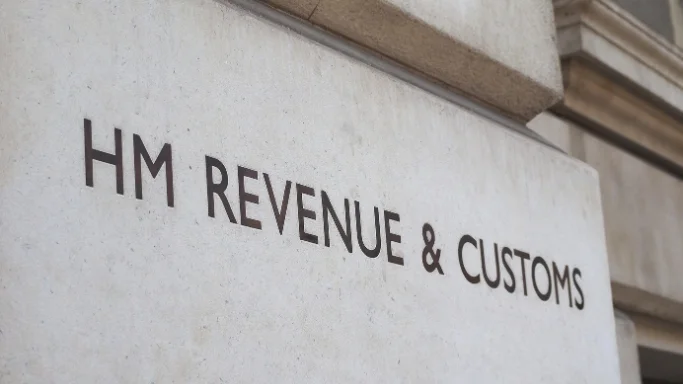
HMRC’s Future Plans for Making Tax Digital (MTD)
HMRC’s initiative, Making Tax Digital (MTD), is the cornerstone of the UK government’s ambition to transform the tax administration into one of the world’s most digitally advanced. Unveil how this digital evolution will reshape your tax obligations and streamline your accounting processes, offering greater accuracy and efficiency.
Understanding the Basics of Making Tax Digital (MTD)
Making Tax Digital (MTD) represents a radical shift in how taxpayers interact with HMRC. MTD demands taxpayers maintain digital records and submit their tax information online, providing a more real-time view of their tax situation. VAT-registered businesses were the first to experience these changes in April 2019, with self-employed individuals and landlords soon to follow.
How Does Making Tax Digital for VAT (MTD for VAT) Work?
MTD for VAT is currently in place for VAT-registered businesses with a taxable turnover above the VAT threshold. This system requires these businesses to store digital records and file VAT returns using MTD-compatible software. It enhances the precision of VAT returns and allows businesses to budget for their tax obligations more effectively.
Transitioning to Making Tax Digital for Income Tax Self Assessment (MTD for ITSA)
With the introduction of MTD for ITSA, self-employed individuals, landlords with income, and partnerships will have to provide quarterly updates to HMRC. This system aims to help them keep on top of their tax affairs by enabling them to view their estimated tax liabilities in real time. From April 2022, businesses with business income above the VAT threshold will also come under the purview of MTD for ITSA.
The Future of Corporation Tax Under Making Tax Digital (MTD for Corporation Tax)
The transformation under MTD will also extend to corporation tax. Under this proposed change, businesses will provide quarterly income tax updates and a final declaration to HMRC using MTD-compatible software. This process will provide more real-time information to HMRC, resulting in a more efficient tax system.
Leveraging the Power of Digital Technology with Accountants
Embracing MTD often requires a significant shift in the traditional record-keeping and tax-filing methods. Accountants play a crucial role in assisting businesses with this transition, helping them implement compatible software, understand the requirements of MTD, and ensure that they are MTD compliant.
Key Takeaways:
- MTD is a revolutionary shift to digitise the UK tax system.
- VAT-registered businesses are required to use MTD-compatible software for VAT returns.
- Self-employed individuals, partnerships, and landlords with income will come under MTD for ITSA from April 2022.
- MTD for corporation tax is on the horizon, transforming how businesses report their income and expenses.
- Accountants are vital to facilitating the successful transition to MTD.


Request a call back
Let us know when you would like us to call you back by filling in this form:
Our 5 Star Reviews



Latest News

Making Tax Digital 2023: MPs Criticise Delays and Complexity
Explore the challenges and impacts of the UK’s Making Tax Digital initiative, including delays and the cost burden on taxpayers.

Making Tax Digital: Small Business Review
Making Tax Digital Small Business Review 2023: Understanding the Basics and Preparing for Change Introduction to Making Tax Digital (MTD) Since 1948, Jack Ross Chartered

Making Tax Digital: The Rising Costs and Challenges
Making Tax Digital: The Rising Costs and Challenges Introduction Making Tax Digital (MTD), the ambitious initiative by HM Revenue & Customs (HMRC) to digitise the
